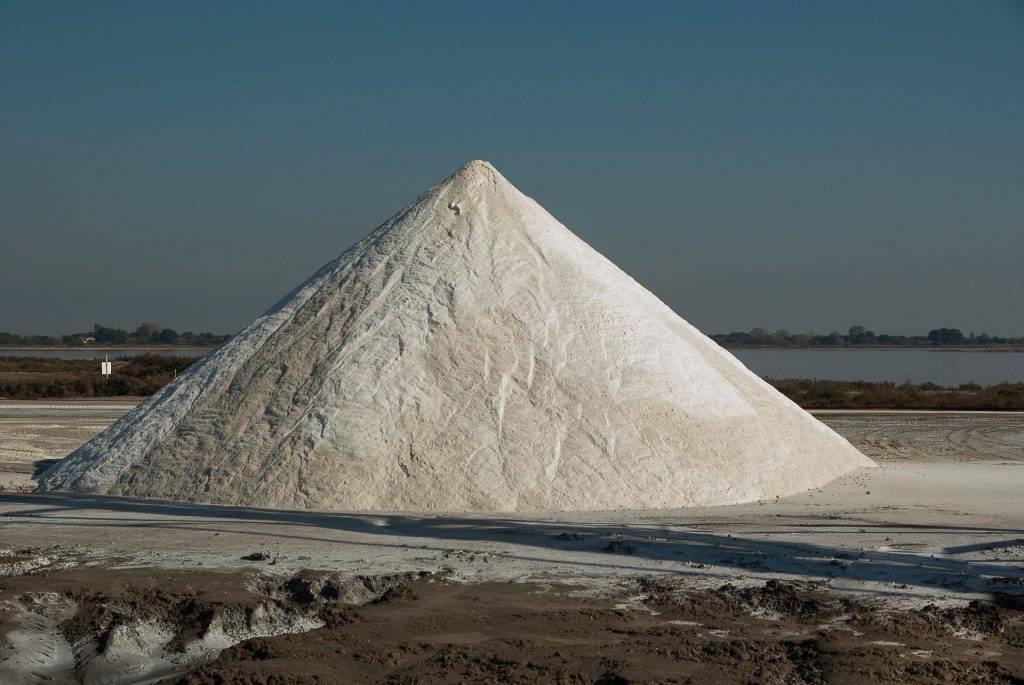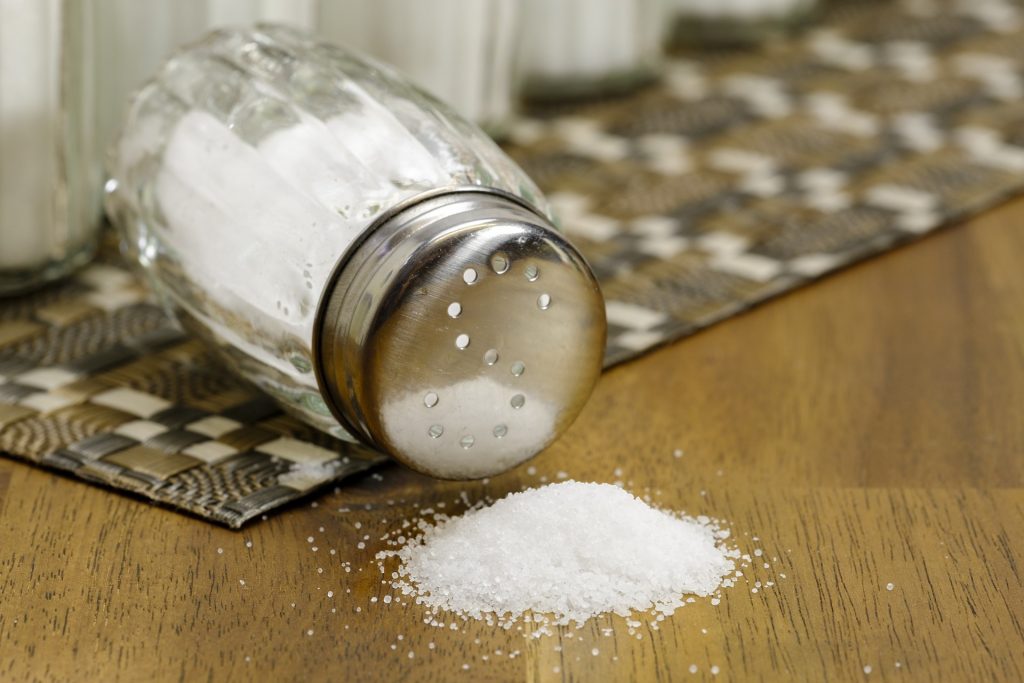
The Salt is vital for the Human Being since its dissolution results in the sodium and chloride ions that are present in all tissues and fluids of our body. They allow such diverse functions as, for example, the osmotic balance between cellular and extracellular fluids. It is the sodium that allows the transportation of oxygen, nutrients, the transmission of nerve impulses, the movement of muscles or organs, in our bodies, etc.
Our tears are salty and so is the sea water. Why?
The ancient alchemists also left registered the notion of duality through the philosophical salt, in the unification of the philosophical mercury and the sulfur. An equivalence of a far eastern consciousness of the Tao, the unification of Yin and Yang. Information that is part of the laws of the universe and the vibratory structures of the human body in its occult tripartite organization [read more about these themes on this site; Three Philosophical Principles of Life, Vibratory Heritage and Genetic Heritage].
However, overconsumption of salt is harmful to health because it causes the risk of complications, such as hypertension, renal stress, arrhythmia, stroke or heart attack, among many other imbalances.
The truth is that a large part of the world’s population consumes too much salt. Each Portuguese, for example, averages about 10.5 grams per day, according to the Directorate-General for Health, when the recommended maximum is five grams, the equivalent of one teaspoon. The elderly people should consume less salt, and children up to two years of age should not eat it at all.

How to balance salt consumption
One way to consume less salt is to use aromatic herbs or spices in your cooking (also read “Eat aromatic herbs for your health“). However, it should be remembered that salt or sodium chloride is also present in finished and supplied products by the food industry, beverage, pharmaceutical (through toiletries, beauty, and cosmetics) or in massages and other treatments that we do to our body.
It is therefore important to know the type of salt that is used since there are more than 300 types of salt, which fall into three broad categories: refined, integral or mineral. Know also some varieties, their characteristics and some benefits they may have for the body in other texts on this site.
This text is an awareness. According to the season of the year and the moment in which you are, it is up to each one to feel if they should consume this food. The dosage and frequency depend on the nature and physical condition of each Human Being.
Feel more about salt in:
Mineral salt is precious to our body
Refined salt is considered poison
Salt Flower contains all the ingredients offered by nature
Natural sea salt is not refined
The Economic weight of salt is high, even without being ‘white gold’




